Redefining Beauty: Chrissy King on the Evolution of Body Positivity to Body Liberation
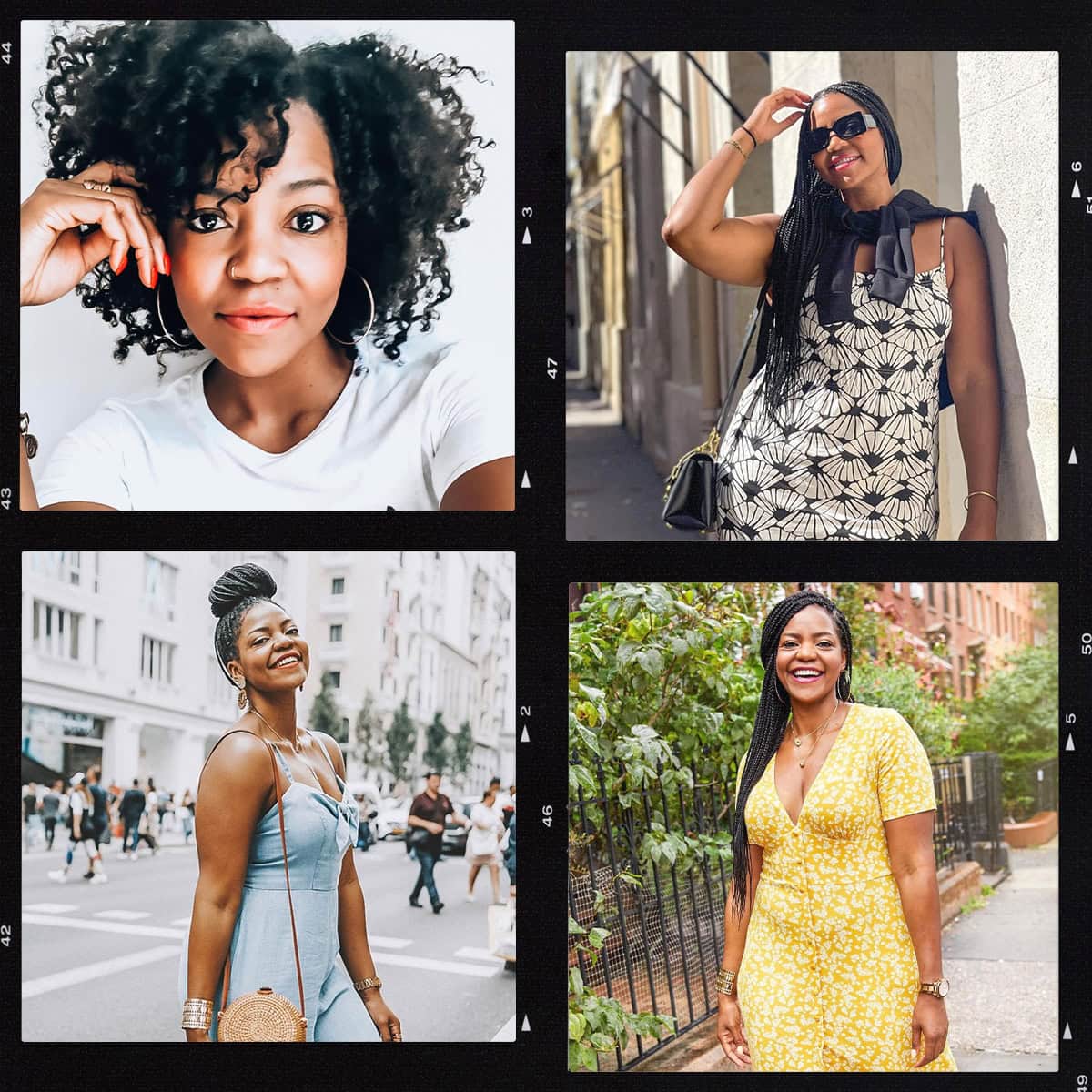
PSA: cellulite is not a dirty word. Enter the body positivity movement that is, thankfully, here to stay. But there’s still a lot of work to be done. What started as a cry by and for people with bodies who didn’t fit into the culturally prescribed mold of beauty has been co-opted by those with body types that have never been at the margins. “What’s getting lost in the mainstream body positivity space is that there’s a real difference between having a personal body image issue, meaning I don’t like my cellulite or stretch marks, versus living in a body that’s systematically oppressed, those are two different things,” says Chrissy King, educator, fitness coach, and author of The Body Liberation Project. What King aims to do in her book, which is part memoir, part guide, is to help people find body liberation, or freedom in the skin they’re in. Here, King shares a bit about her own body journey and the goals of body liberation.
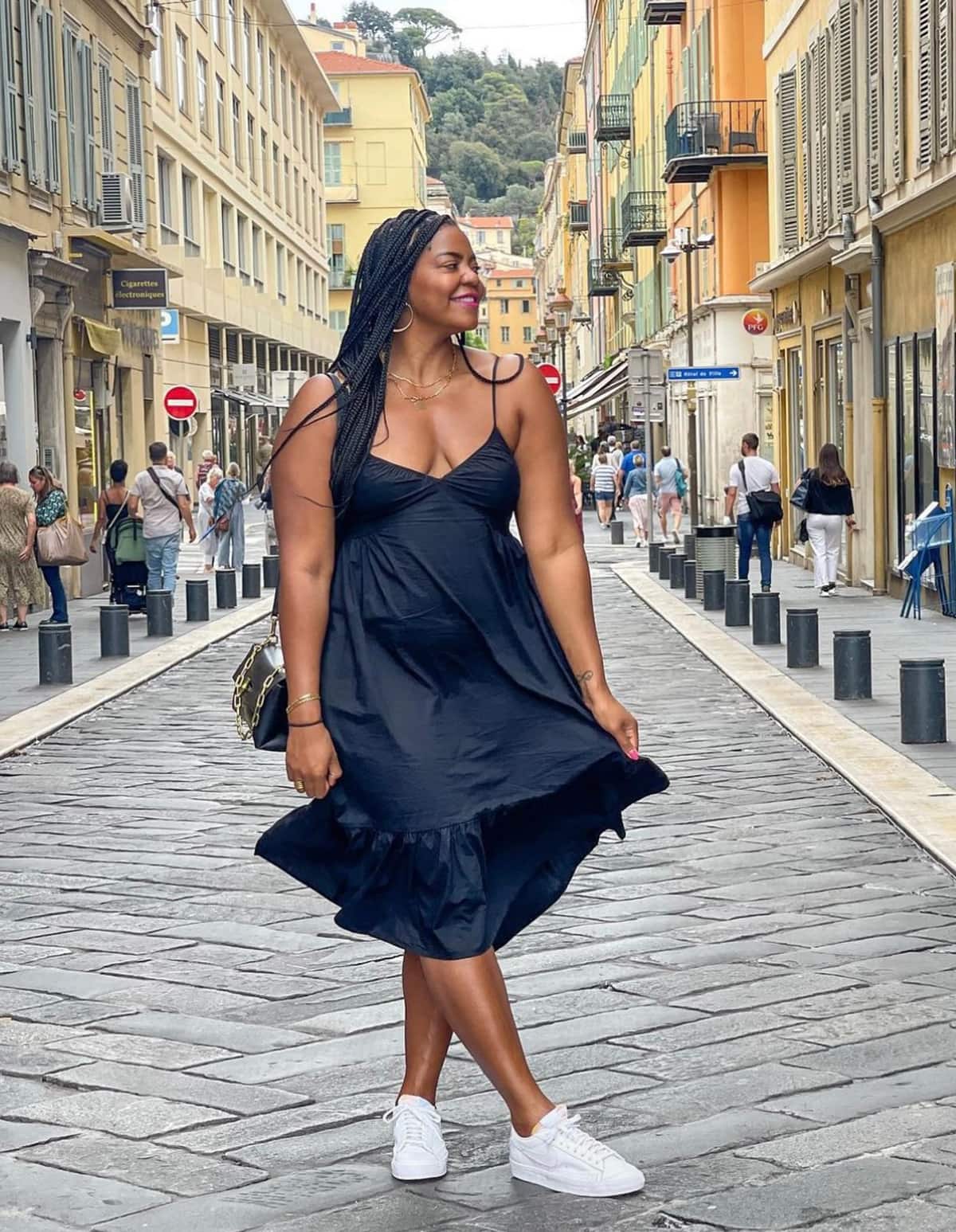
How Is Body Liberation an Evolution of Body Positivity?
Body liberation is the understanding that at our essence and core, we are so much more than our bodies. It’s recognizing that regardless of the body that we have, we are all worthy and deserving of respect. Body liberation is a piece of individual liberation and freedom, but it’s also this collective liberation: none of us are free, unless all of us are free.
What Do You Find Problematic about the Body Positivity Movement?
I think one problem in this space is that there’s a hyper focus on self-love. I always say that falling in love with ourselves is the greatest love story of all time, and I mean that to my core. But self-love doesn’t protect you from experiencing body discrimination in the world because of the way your body looks. When we tell folks if you just love yourself more then you wouldn’t feel this way, it’s not really the answer because that puts the onus on the individual. The truth is that when we dismantle systems of oppression and standards of beauty, that allows all of us to feel free and have actual liberation in our bodies.
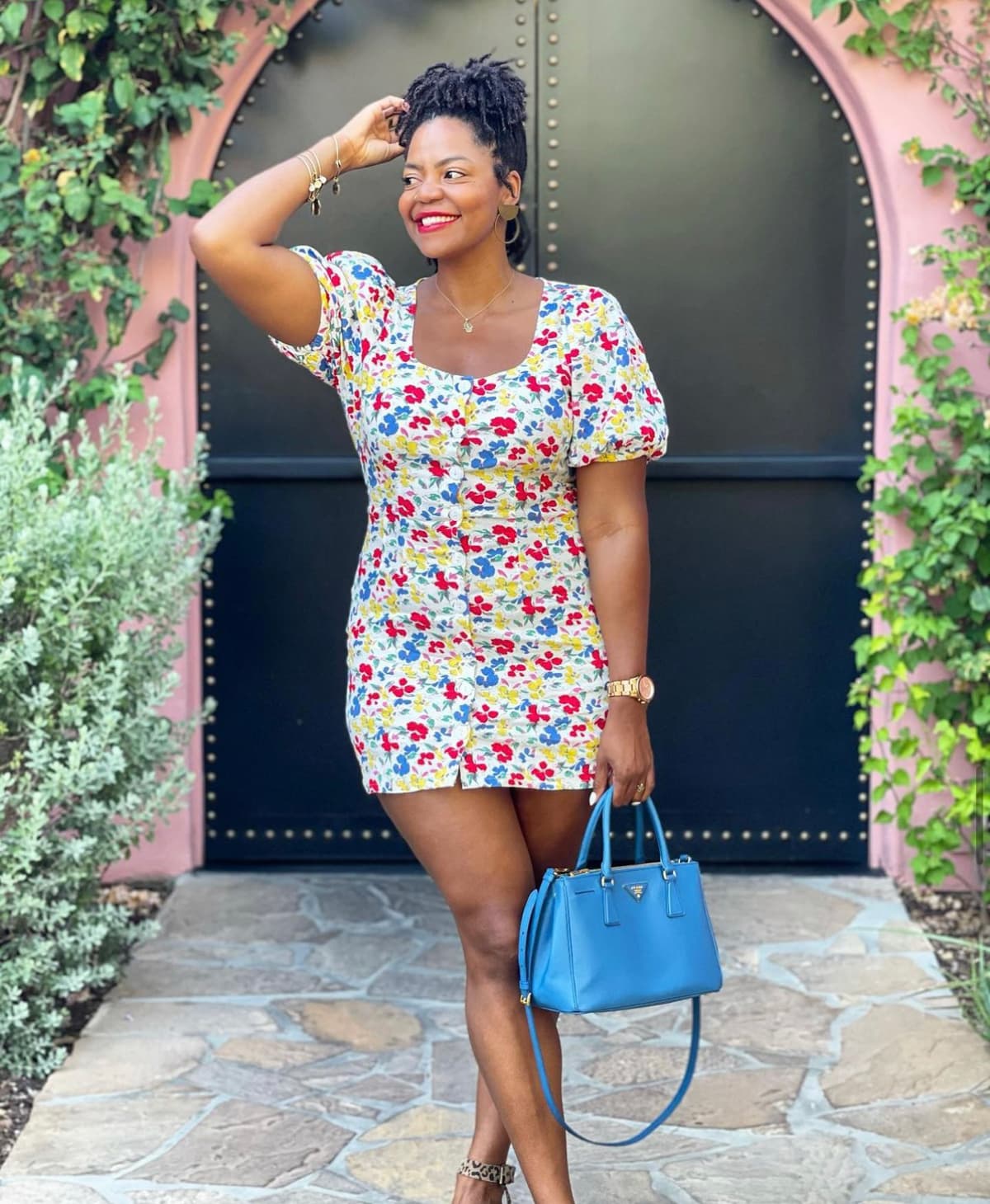
What Has Your Own Personal Body Journey Been?
I grew up in the Midwest and went to school in the suburbs. I was the only Black girl in my class and I was 5’8” by the time I was in third grade, so I always felt like I was different from other people. I grew up in the ‘90s when representation was really terrible. So the standards of beauty I was looking at were like Baywatch and Pamela Anderson. I can’t ever have blond hair and blue eyes; that’s never going to happen for me. But I could try to be thin; that was my proximity to whiteness and beauty and privilege. So, I spent most of my adolescence. even into my early twenties, yo-yo dieting and chasing thinness and doing these really unsustainable things. I started working out pretty seriously and powerlifting and competing and that was really empowering. I think that was the first time where I started to think, oh, my body is more than just an ornament for decoration, it actually can do really cool things. But I was still hyper focused on my weight, tracking my macros and dieting. By my mid-twenties I had my dream body: I was the leanest I’ve ever been as an adult, I was the strongest I’ve ever been and I was always getting external validation for how I looked.
And How Did You Feel at That Point?
I was actually more miserable than ever; I couldn’t enjoy social settings because I was always worried about what I was going to eat or if I was going to mess up my workout. I had this moment I consider my rock bottom: it was a weekend away with family and friends and I was so stressed out and I’m sitting in this restaurant where I brought in my own food. I’m watching all of my family enjoying their meals. It was so sad and I was like I don’t want to spend the rest of my life like this. I’d achieved all the things I thought were going to ‘make me happy about my body,’ and I still didn’t feel like it was enough.
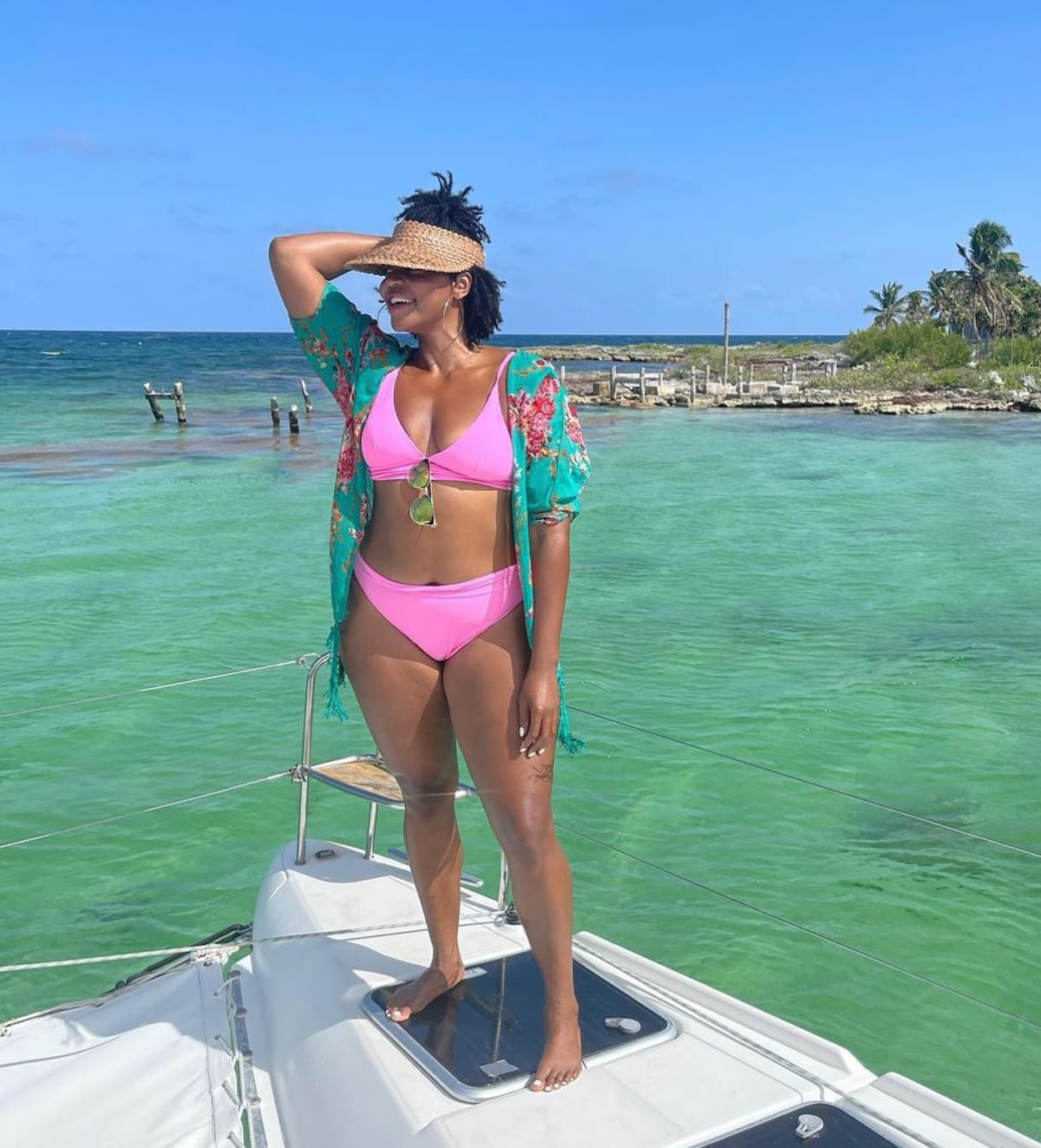
And When You Got to a Place of Body Liberation Years Later, What Did That Feel Like?
Living without all this hyper-focus on the body feels so freeing energetically and creatively. I have all this bandwidth to do all these other cool things now because I’m not spending all of my energy focused on my body. When we experience liberation, it really gives us the freedom to live bigger lives, to take up space, to create whatever it is that we want to do. So much of liberation is our ability to exist free of thinking about these vessels that we reside in.
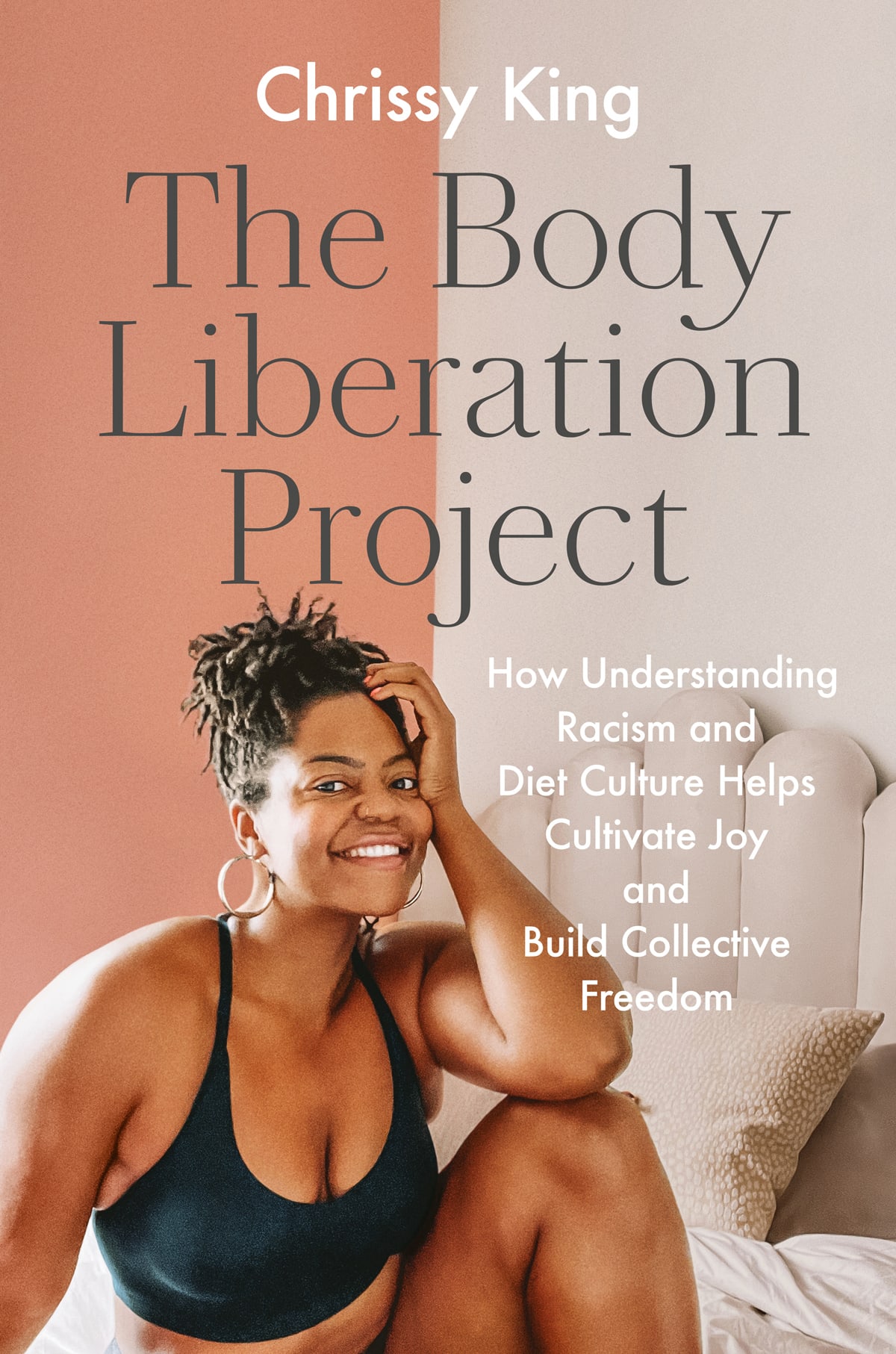
Any First Steps You Advise People Take to Help Them Get There? Besides Reading Your Book of Course!
Reading books about these topics (like Sonia Renee Taylor’s book The Body is Not an Apology or mine) can help you think about these things differently and understand how insidious diet culture is. Then, holding ourselves with compassion is so important because realistically, none of us got to feeling this way about our bodies overnight, so we’re also not going to feel this place of liberation overnight. It’s truly a journey, so how can I treat myself with kindness and compassion and tenderness, no matter how I wake up feeling? And I’m a really big proponent of being mindful of who you’re following on social media. In the ways that we can control it, it serves us to do that. I don’t follow anyone who talks about diet culture or who is hyper-focused on weight loss. Anyone who makes you feel bad about yourself, mute or unfollow them.
